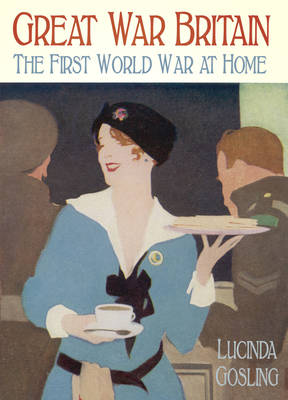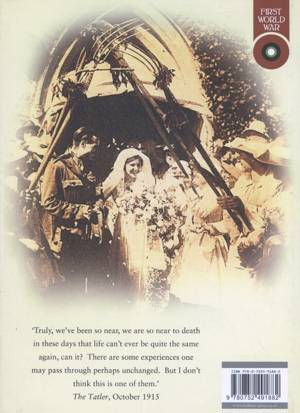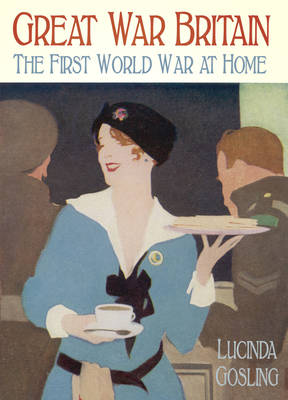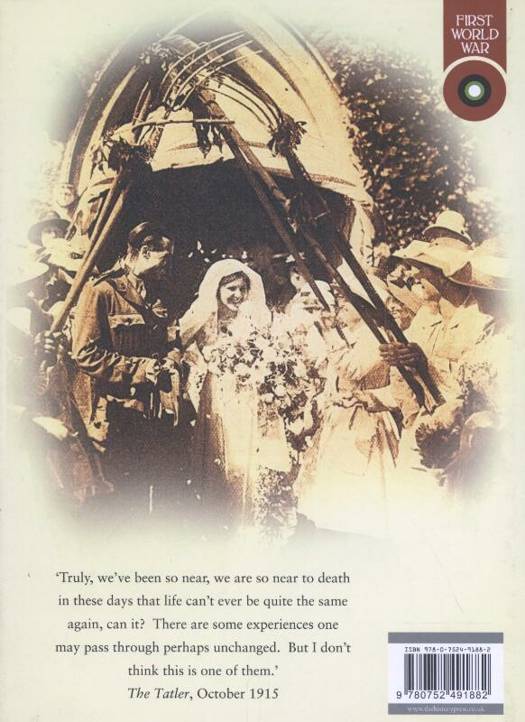
- Afhalen na 1 uur in een winkel met voorraad
- Gratis thuislevering in België vanaf € 30
- Ruim aanbod met 7 miljoen producten
- Afhalen na 1 uur in een winkel met voorraad
- Gratis thuislevering in België vanaf € 30
- Ruim aanbod met 7 miljoen producten
Zoeken


€ 34,95
+ 69 punten
Omschrijving
The declaration of war in August, 1914, was to change Britain and British society irrevocably as conflict came to dominate almost every aspect of civilian life for the next four years. Popular weekly magazines, such as the Tatler, the Sketch, and the Queen, recorded the national preoccupations of the time, and in particular, the upper class experience of war. Targeted at a well-heeled, largely female audience, these magazines were veteran reporters of aristocratic balls, the latest Parisian fashions, and society engagements, but quickly adapted to war-like conditions without ever quite losing their gossipy essence. Fashion soon found itself jostling for position with items on patriotic fundraising, and Court presentations were replaced by notes on nursing convalescent soldiers. The result is a fascinating, at times amusing, and uniquely feminine perspective of life on the Home Front during World War I.
Specificaties
Betrokkenen
- Auteur(s):
- Uitgeverij:
Inhoud
- Aantal bladzijden:
- 240
- Taal:
- Engels
Eigenschappen
- Productcode (EAN):
- 9780752491882
- Verschijningsdatum:
- 2/06/2014
- Uitvoering:
- Hardcover
- Formaat:
- Genaaid
- Afmetingen:
- 196 mm x 267 mm
- Gewicht:
- 1133 g

Alleen bij Standaard Boekhandel
+ 69 punten op je klantenkaart van Standaard Boekhandel
Beoordelingen
We publiceren alleen reviews die voldoen aan de voorwaarden voor reviews. Bekijk onze voorwaarden voor reviews.








